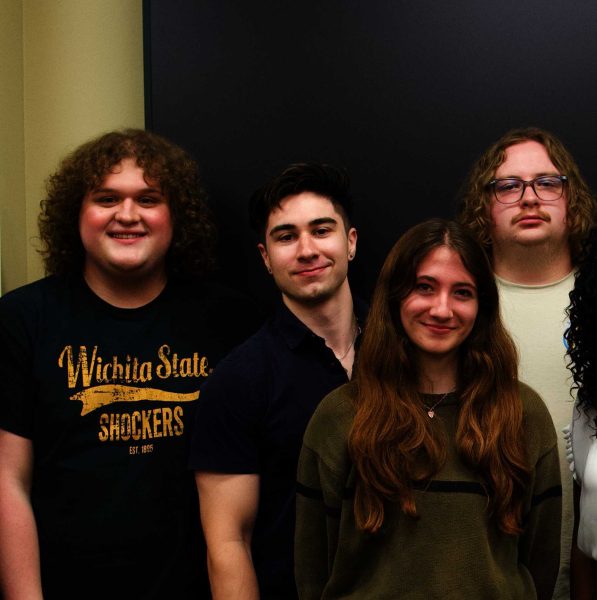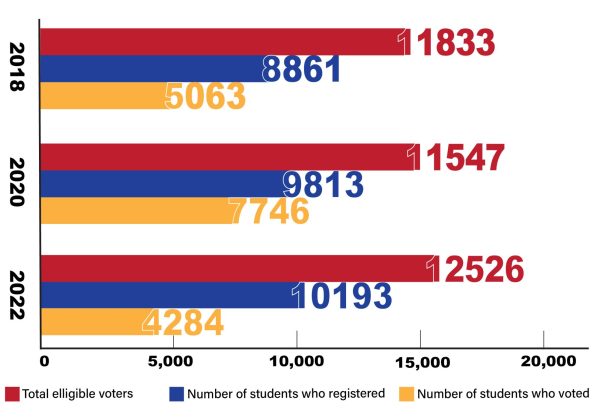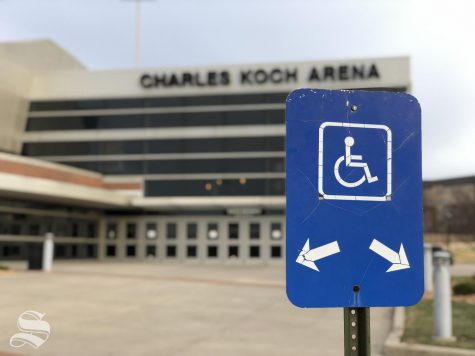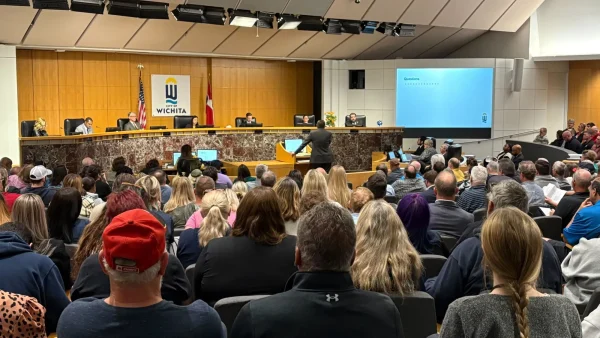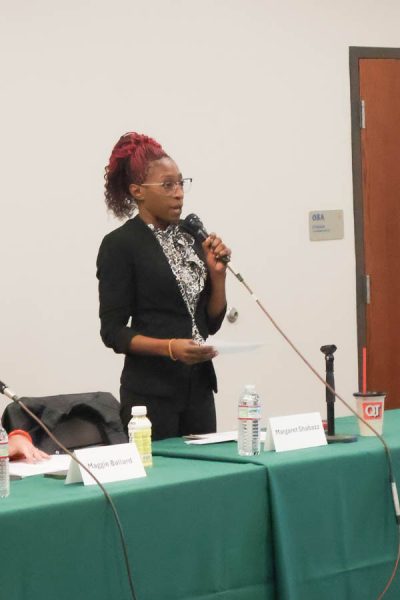Wichita State to begin new undergraduate research experience courtesy of National Science Foundation
A 3-D printing machine works in the new Experiential Engineering Building. The 142,661 square building features labs and equipment for the community to create whatever they can imagine. (Jan. 17, 2017)
Starting this summer, Wichita State will receive ten students from across the country to work with faculty members as part of an undergraduate research experience funded by the National Science Foundation.
The NSF awarded a grant of $324,000 to WSU’s Department of Electrical Engineering and Computer Science for a three-year program. Students will have the opportunity to research under WSU faculty for nine weeks while receiving a $500 weekly stipend in addition to lodging and a meal plan.
The NSF hopes to encourage undergraduates to develop an interest in research.
“The idea is to provide these students research experience working on these projects. Eventually NSF’s goal is to provide them an idea what graduate school’s all about” Vinod Namboodiri, associate professor of Electrical Engineering and Computer Science, and Principal Investigator of the program, said.
“The idea is to encourage undergraduates to understand what research is and eventually that’s what you do in graduate school: work on research projects. So NSF is trying to invest in the next generation of scientists, if you want to call it that, by providing them this opportunity.”
The research experience is centered in networked cyber-physical systems. It combines computer science with the physical products they power.
Students will work alongside faculty on cloud computing, cognitive radio networks, UAV’s/ Drones, security and privacy of wearable devices and other cyber-physical systems.
“The work these students do is expected to be somewhat meaningful for the the faculty as well. They may make progress on a certain research project they are working on right now” Namboodiri said.
The association is a win-win for students and faculty, Namboodiri said, as they will advance their studies and research.
“Any NSF award is prestigious. It’s the flagship funding agency, other than health care, for scientific research,” said Janet Twomey, associate dean for graduate studies, research and faculty success in the engineering office.
“Plus, it opens up what we are doing here to a broader audience other than just the kids that are here,” she said.
Although some local students may be selected, the grant requires a majority of the ten students to not be local. As of now, between 300-400 schools have been notified about this opportunity and are encouraging their students to apply.
All students are eligible to apply.
“We are especially interested in underrepresented students if we can find them,” Namboodiri said. “For example, women are a minority in computer science.”
“Or maybe someone who didn’t have anyone who went to college in their family or maybe even someone who didn’t have anyone in their family go to graduate school.”
The research experience will be aimed at teaching students skills outside of what regular classes reach.
“My feeling is research teaches you more than actual classes,” Namboodiri said. “Learning by research is a better way than just listening to a lecture. I mean if you work on things hands on, build things, break things, you learn more than just listening at a lecture.”
Students can expect more than just a science-drilled agenda, with emphasis on everything it takes to be a researcher including the social skills.
“It also teaches the soft skills that maybe you don’t learn in a class. Maybe how to write a technical document or how to present your work,” Namboodiri said. “I think the students will find this beneficial.”




